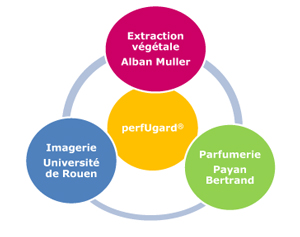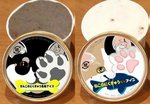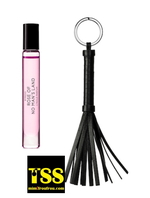A New Scientific Advance Might Allow Traditional Perfume Formulas to Make a Comeback from 2015 {Fragrance News}
 At the 28th gathering of the International Federation of Societies of Cosmetic Chemists (IFSCC) last month in Paris, a breakthrough scientific and technological advance was awarded the Prize for Applied Research which might change the way the issue of allergens in perfumes is dealt with today, most notably by the EU...
At the 28th gathering of the International Federation of Societies of Cosmetic Chemists (IFSCC) last month in Paris, a breakthrough scientific and technological advance was awarded the Prize for Applied Research which might change the way the issue of allergens in perfumes is dealt with today, most notably by the EU...
So far, the approach has been to suppress the potential allergenic agents from perfumery materials by removing the incriminated, isolated molecules whenever possible, see Oakmoss - a very costly process from identification to extraction - or by reducing the amount of any given ingredient in a formula, or ultimately suppressing it altogether.
What Alban Muller International, together with l'Université de Rouen and parfum Payan Bertrand SA have achieved is to trademark an invention called perfUgard which is centered on the concept of building an invisible film barrier on the skin which works as a protection against allergenic reactions through contact with the skin. They add that there is also an element of protection during the moment of pulverisation, which would imply that perfUgard has a certain level of impact on airborne allergens also although the focus is clearly on the skin.
They have also collaborated with M. Jean-Jacques Etienne in his capacity as a consultant for ATN Conseil (he is a former technical director at Parfums ROCHAS and a professor at the French school of perfumery ISIPCA).
The solution used is a vegetal, film-like substance which is non-occlusive, soluble in alcohol, has no odor, nor color.
Their expertise led them to look at a family of proteins, the prolamines, which are well-known to have those properties and are found in different cereals. The team selected corn in the end as it is gluten-free and particularly rich in prolamines.
The project was supported by the Cosmetic Valley industrial pole of development specialised in beauty and perfumery products, as well as by Pôle Pass.
The team announce that they will be able to start developing the "perfumes of tomorrow" from as early as September 2015.
It remains to be seen how this new technology will be examined and approved or not by regulatory commissions.









